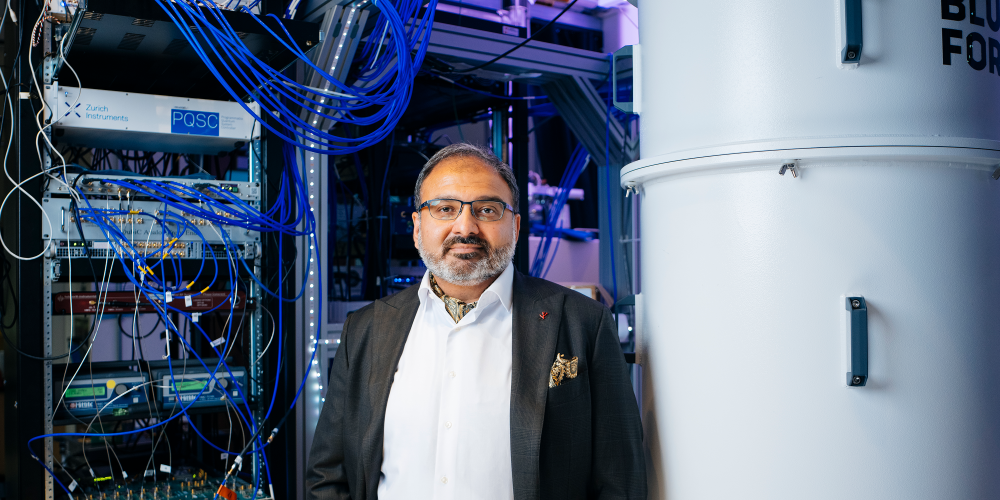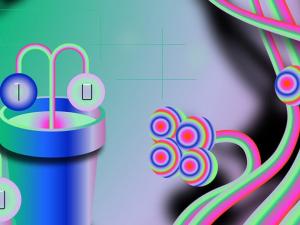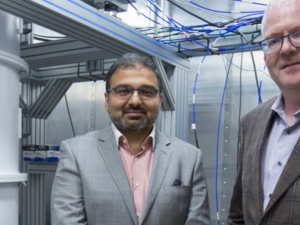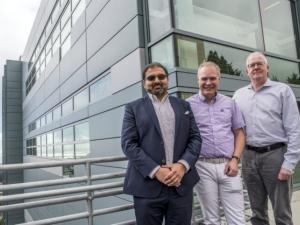

Research Bio
Irfan Siddiqi is a professor in the Department of Physics. Quantum mechanics is a theory that was developed to explain the properties of atoms and light. It is one of the most thoroughly tested and successful theories in the history of science. It is also one of the most controversial ones. For over 80 years, quantum mechanics has stirred up deep debate amongst physicists, in particular about the notion that an object can be in a coherent superposition of two states simultaneously. Moreover, since the mass of an object does not directly enter into the quantum formalism, the theory should be applicable to all objects in the universe, thus raising deep philosophical questions about how then one obtains classical behavior if the word is actually quantum.
The Quantum Nanoelectronics Laboratory investigates the quantum coherence of various condensed matter systems ranging from microscopic nanomagnets such as single molecule magnets to complex macroscopic electrical circuits. To measure the electric and magnetic properties of these quantum systems, they are developing novel microwave frequency quantum-noise-limited amplifiers based on superconducting Josephson junctions formed by both oxide tunnel barriers and carbon nanotube weak links. Current topics of research include the dependence of quantum coherence on system complexity, the non-equilibrium quantum statistical mechanics of non-linear oscillators, the quantum coherence of single molecules, and topological architectures for maximum coherence in superconducting circuits.
Research Expertise and Interest
condensed matter physics, superconducting qubits, quantum limited amplifiers, quantum circuits







